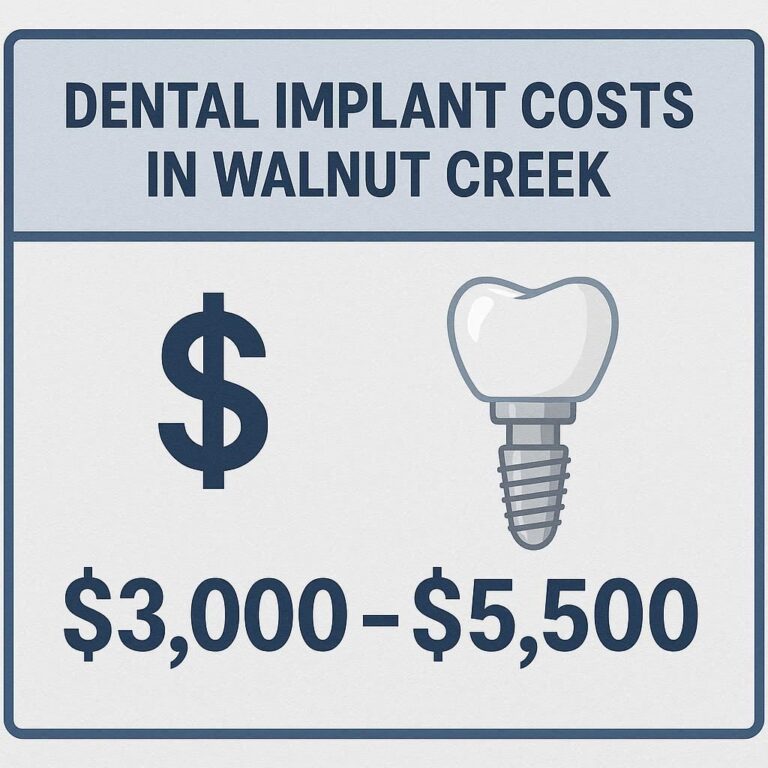Autogenous Tooth Transplantation Costs, Benefits, and Procedures
Losing a tooth can be a distressing experience, affecting not only your smile but also your ability to chew and speak properly. While dental implants and bridges are common solutions, autogenous tooth transplantation (ATT) offers a unique and biologically compatible alternative. This advanced dental procedure involves moving a healthy tooth from one part of the mouth to another, eliminating the need for synthetic materials.
But how much does this procedure cost? What factors influence pricing? And is it the right choice for you? This in-depth guide explores everything you need to know about autogenous tooth transplantation costs, including procedural details, success rates, and financial considerations.

2. What Is Autogenous Tooth Transplantation?
Autogenous tooth transplantation (ATT) is a surgical procedure where a donor tooth (often a wisdom tooth or an extra premolar) is extracted and transplanted into a different socket in the same patient’s mouth. Unlike dental implants, which use artificial materials, ATT utilizes the patient’s own biological tooth, improving integration and reducing rejection risks.
Key Benefits:
✔ Natural tooth structure – No foreign materials are introduced.
✔ Preserves jawbone health – Prevents bone loss common with missing teeth.
✔ Cost-effective in the long run – May be cheaper than multiple implants.
3. The Science Behind Tooth Transplantation
For a transplanted tooth to succeed, it must reattach to the surrounding bone and ligaments—a process called periodontal ligament (PDL) healing. Studies show that teeth with intact PDLs have higher success rates.
Critical Factors for Success:
-
Donor tooth condition (healthy root structure is essential).
-
Recipient site preparation (proper blood supply and bone support).
-
Surgical precision (minimizing trauma to the tooth).
4. Ideal Candidates for Autogenous Tooth Transplantation
Not everyone is a suitable candidate. The best candidates include:
✅ Young patients (better healing capacity).
✅ Those with healthy donor teeth (wisdom teeth, supernumerary teeth).
✅ Patients with sufficient jawbone density (to support the transplanted tooth).
Contraindications:
❌ Severe gum disease.
❌ Insufficient bone structure.
❌ Medical conditions impairing healing (e.g., uncontrolled diabetes).
5. Step-by-Step Procedure of Tooth Transplantation
-
Pre-Surgical Evaluation (X-rays, 3D scans).
-
Donor Tooth Extraction (minimal trauma technique).
-
Recipient Site Preparation (cleaning and shaping the socket).
-
Tooth Transplantation (placing and stabilizing the tooth).
-
Splinting (temporary fixation for 2-4 weeks).
-
Follow-Up Visits (monitoring healing and root stability).
6. Success Rates and Long-Term Outcomes
| Factor | Success Rate |
|---|---|
| Age (Under 20) | 85-95% |
| Age (Over 40) | 70-80% |
| Proper Aftercare | 90%+ |
Long-term studies show that well-transplanted teeth can last decades, functioning like natural teeth.
7. Factors Affecting the Cost of Autogenous Tooth Transplantation
The cost varies based on:
Geographic location (urban vs. rural clinics).
Surgeon’s expertise (specialists charge more).
Pre- and post-operative care (scans, medications).
Additional treatments (bone grafts if needed).
8. Average Cost Breakdown
| Component | Estimated Cost (USD) |
|---|---|
| Initial Consultation | $100 – $300 |
| Surgical Procedure | $1,500 – $3,500 |
| Imaging (CT Scan/X-rays) | $200 – $500 |
| Follow-Up Visits | $100 – $300 |
| Total Estimated Cost | $2,000 – $4,500 |
(Note: Prices vary by country and clinic.)
9. Insurance Coverage and Financing Options
-
Dental insurance may cover part of the cost if deemed medically necessary.
-
Payment plans (many clinics offer financing).
-
Health savings accounts (HSAs) can be used.
10. Pros and Cons of Autogenous Tooth Transplantation
✅ Pros:
-
Biocompatible (no rejection risk).
-
Preserves natural tooth function.
-
Lower long-term cost than implants.
❌ Cons:
-
Not all patients are candidates.
-
Requires a skilled surgeon.
-
Recovery time needed.
11. Alternatives to Tooth Transplantation
-
Dental Implants (~$3,000 – $6,000 per tooth).
-
Dental Bridges (~$2,000 – $5,000).
-
Dentures (~$1,000 – $3,000).
12. Post-Operative Care and Recovery
-
Avoid chewing on the transplanted tooth for 4-6 weeks.
-
Maintain excellent oral hygiene.
-
Attend all follow-up appointments.
13. Potential Risks and Complications
-
Tooth ankylosis (fusion with bone).
-
Root resorption (breakdown of root structure).
-
Infection (rare with proper care).
14. FAQs About Autogenous Tooth Transplantation
Q: Is the procedure painful?
A: Local anesthesia is used, so discomfort is minimal.
Q: How long does recovery take?
A: Initial healing takes 2-4 weeks; full integration may take months.
Q: Can any tooth be transplanted?
A: No—only healthy, intact teeth (often wisdom teeth) are suitable.
15. Conclusion
Autogenous tooth transplantation is a biologically superior, cost-effective alternative to implants for eligible patients. While costs range from $2,000 to $4,500, the long-term benefits—preserving natural tooth structure and jawbone health—make it a compelling option. Consult a specialist to determine if ATT is right for you.


